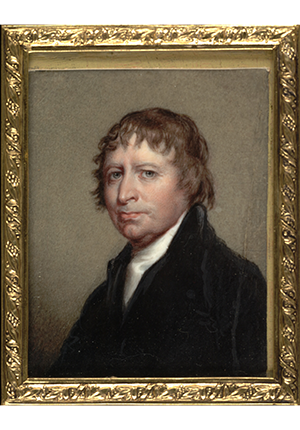Background
Once America declared its independence from Great Britain, each state then set out to write its own constitution. The Essex Result—written by Theophilus Parsons—grew out of the debate in Massachusetts over its state constitution. Parsons—a future Chief Justice of the Supreme Judicial Court of Massachusetts—was still a young lawyer in Newburyport, Massachusetts, at the time. In 1778, the Massachusetts legislature sent a proposed constitution to the state’s towns for their approval. However, the towns rejected it. Some opponents of the proposed constitution voted it down on the merits. Others rejected it because it was written by the state legislature rather than a specially elected convention. In response to the proposed constitution, members of various towns in Essex County gathered to analyze and discuss it. The Essex Result grew out of this meeting. One of its most powerful passages is its account of the freedom of conscience and natural rights, including Parsons’s description of the distinction between alienable and unalienable rights.








